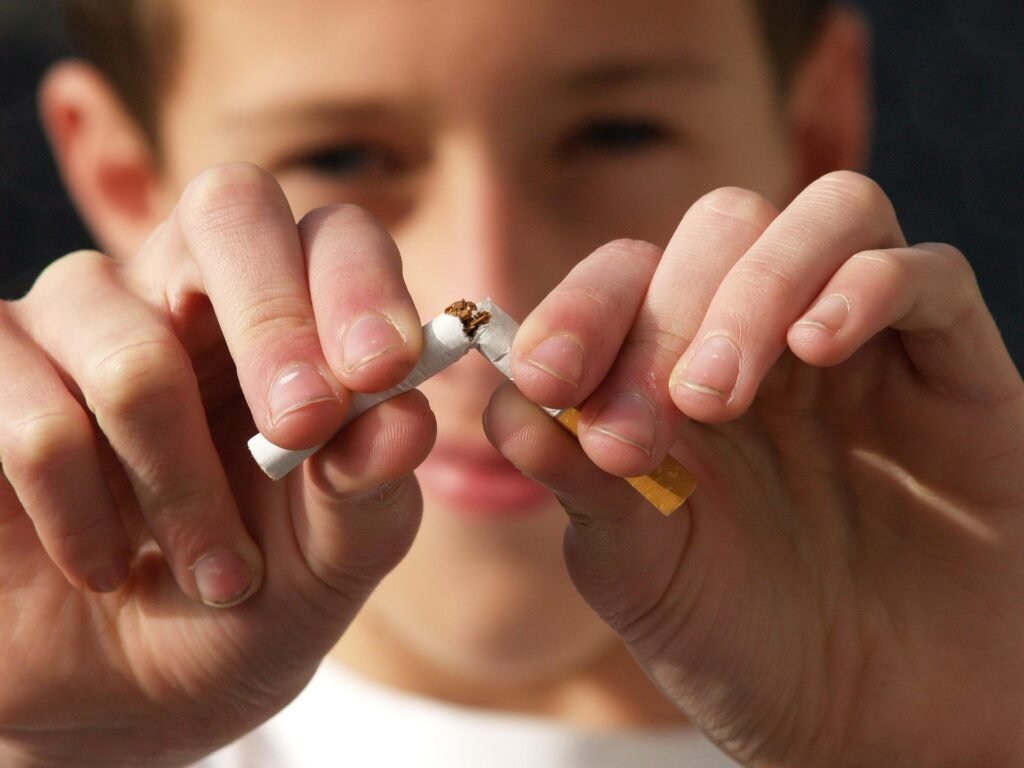
How Smoking Causes One Of The Deadliest Types of Oral Cancer
Tobacco use(smoking or smokeless forms) is one of the leading causes of preventable death across the globe. According to the World Health Organization, about 657,000 new cases of cancer of the oral cavity and pharynx and more than 330,000 deaths each year worldwide.
Smoking tobacco causes cancer in many parts of the body, including the mouth and throat. In fact, oral cancer is one of the most common types of cancer in smokers.
There are several ways that smoking tobacco can cause cancer. The main way is by damaging DNA. Tobacco smoke contains more than 60 chemicals that are known to damage DNA. These chemicals can cause changes in DNA that lead to cancer.
The link between oral cancer and tobacco
Cigarette smoking is responsible for most cases of oral cancer. Smoke from cigarettes, cigars, and pipes contains more than 70 chemicals that can damage the mouth, throat, and oesophagus cells. These damaged cells can turn into cancer cells.
Smokeless tobacco products, such as snuff and chew, also increase the risk of oral cancer. These products contain at least 28 chemicals that are linked to cancer.
The best way to reduce your risk for oral cancer is to avoid using tobacco products. If you currently use tobacco, quitting will lower your risk for oral cancer.
The benefits of oral cancer screening and early detection of cancer
Oral cancer is one of the deadliest types of cancer, and tobacco use is one of the main risk factors for developing this disease. While quitting smoking is the best way to reduce your risk of developing oral cancer, regular oral cancer screenings can also help catch the disease in its early stages, when it is most treatable.
If you smoke tobacco products, or if you have a family history of oral cancer, be sure to schedule regular oral cancer screenings with your dentist or primary care physician. And remember, if you do develop any symptoms of oral cancer – such as a sore or lump in the mouth that doesn’t heal, changes in your teeth or jaw, or persistent pain – be sure to see a doctor right away.
Consequences of late detection of oral cancer
If you’re a smoker, the risk of developing oral cancer is much higher than for nonsmokers. And if you don’t quit smoking, that risk only goes up.
Late detection of oral cancer can have serious consequences. The survival rate for oral cancer is about 83 per cent when caught early, but drops to about 56 per cent when it’s not detected until it has spread to other parts of the body.
That’s why it’s so important to see your dentist regularly and to report any changes in your mouth, such as new sores or lumps, right away. If you smoke, quitting is the best way to reduce your risk of oral cancer.
